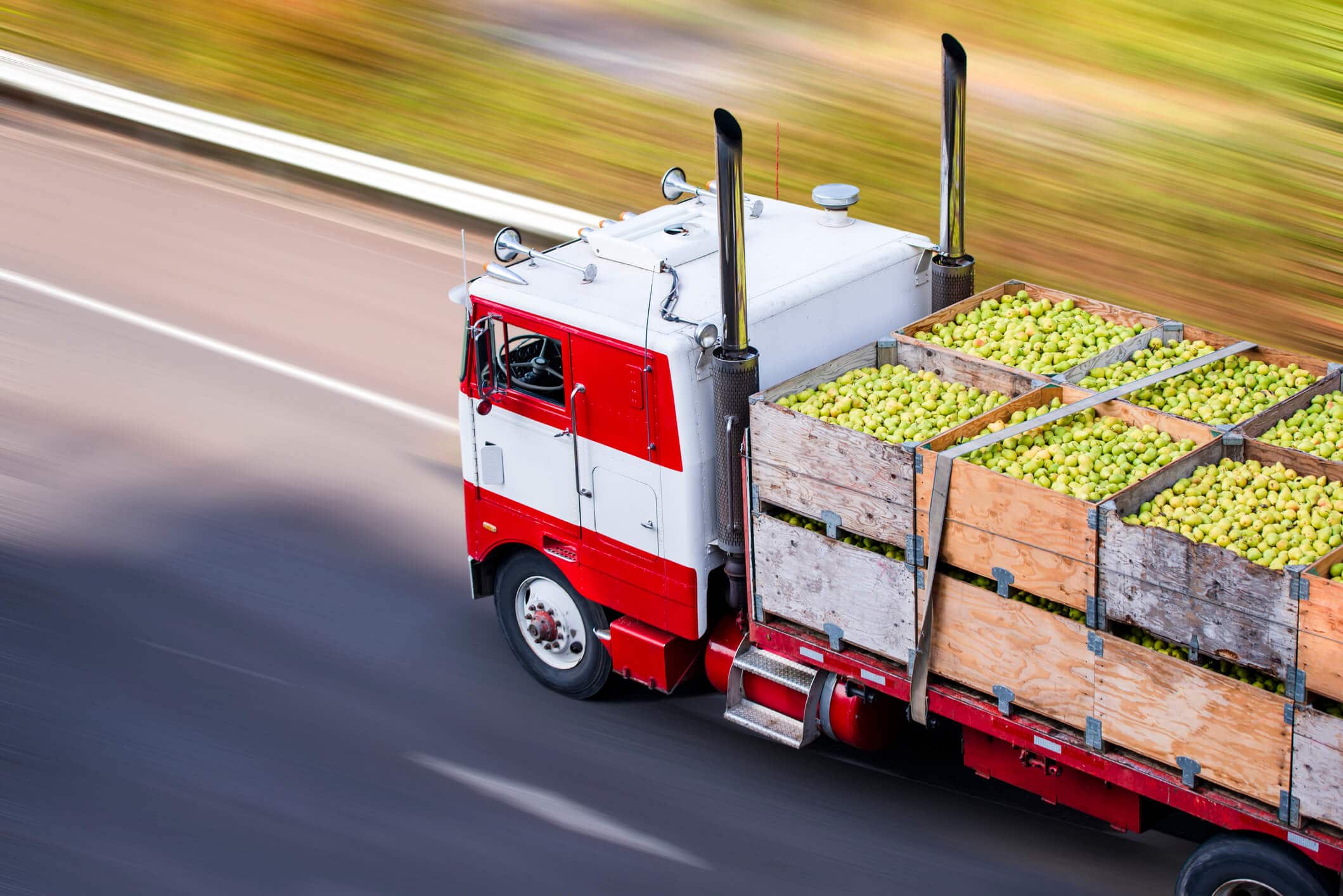
I take the Brown Line into the Chicago Loop each day for work. FourKites HQ is high up in the Ogilvy Building downtown and has a terrific view of the lake. It also overlooks one of the busiest highway intersections in the USA, where interstates 290, 90 and 94 converge in a mess of brake lights, accidents, trucks and disgruntled Uber drivers. From the FourKites perch on the 33rd floor, I have literal visibility into one of the biggest pain points my customers manage.
Having perspective on where the traffic is coming from and where it’s going gives me the ability to make informed choices about how to get home. But what about my clients struggling with similar bottlenecks in their supply chains?
Shipping Bottlenecks
Thomas Mella published a helpful article on the FourKites blog that addresses costly bottlenecks facing all shippers. The food and beverage space has its own unique set of challenges in addition to those. As a Customer Success Enablement Manager for FourKites, I’m aware of the problems that can plague F&B shippers: missed appointments, weather and traffic delays, detention fines, or temperature fluctuations. I have a vested interest in helping my clients alleviate their supply chain bottlenecks for the sake of preserving precious commodities and better serving their most important clients: the consumers.
I was in a room last week with two large fast-food companies and a mutual carrier. During this meeting, we white-boarded a shared shipper and carrier challenge. This activity reinforced that the shipper-supplier relationship is symbiotic. Neither truckers nor shippers seem to be able to quantify what they are losing (or saving) until after the shipments have been delivered. Is it time? Money? Both? It doesn’t have to be that way. We now have the tools that can tell us exactly what we’re losing and why.
With FourKites’ real-time freight visibility, my clients realize they have choices, and choices are powerful. “I don’t know what I don’t know, and I don’t know what I don’t see,” said one enior VP of supply chain. That phrase comes to mind every time I look out over the traffic on interstate 90, deciding how I’ll commute home. Choice is powerful in our community.
The Trouble with Bean Sprouts
Hindsight bias is being replaced with advanced automated notifications – an especially powerful aspect of FourKites’ platform that is proving to be extremely popular and effective for our F&B clients. Automated notifications allow shippers to more easily work with carriers and customers to optimize time spent on deliveries and scheduling, improving customer and carrier relations in the process.
While the intangible benefits of those improved relationships are priceless, it’s impossible to overlook the monetary value of being able to avoid bottlenecks in F&B supply chains. It’s no longer enough to know where your stuff is at any given moment; you need to be able to foresee when your deliveries will arrive and potential roadblocks standing in your way. To that end, FourKites equips its clients with a recommendation engine and dynamic detention analytics that provide the visibility to help them take a more proactive, action-oriented approach to supply chain logistics. Layered on top of HERE maps (designed specifically for freight logistics), FourKites presents routes that avoid costly bottlenecks that UPS says cost them $400 million a year.
And let’s not forget that the perishable nature of F&B cargo makes bottlenecks an even bigger challenge. I’m told that bean sprouts are especially challenging vegetables to move because they are highly sensitive to temperature fluctuations. And did you know that a truckload of spoiled spinach can cost upwards of $100,000? By leveraging temperature tracking and managing delays proactively, F&B shippers can avoid product loss.
The Ripple Effect
Shippers in the F&B space have managed detention and delays for so long that these hardships have become accepted as the standard cost of doing business. My best-in-class shippers, however, understand that an effective supply chain ecosystem feeds back on itself, creating a ripple effect of improved performance. Data-driven insights that help shippers avoid bottlenecks means that carriers will be better utilized, and those shippers will, in turn, get their goods faster while paying fewer detention fees.
In an industry that has been around as long as food and beverage, it’s easy for the costs of bottlenecks and delays to become widely accepted because “it’s just always been done this way.” Until recently visibility was not an option. But while supply chain bottlenecks may have been the cost of doing business up until now, there’s no reason that supply chain can’t become an area of opportunity and savings. At least, not for a FourKites shipper.